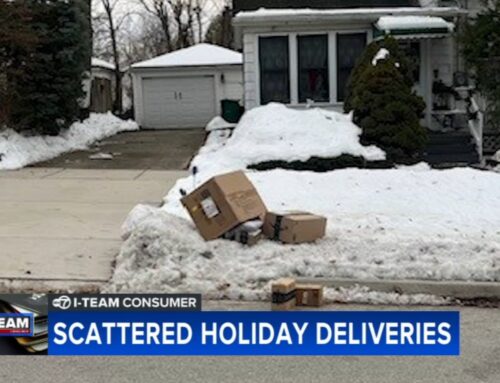Op-Ed | Breaking down financial barriers for CUNY students and investing in student succes
May 3, 2025
As a public school special education teacher in The Bronx for nearly 14 years, I witnessed how factors beyond the classroom—like housing instability, food insecurity, and financial stress—can derail a student’s success. These challenges don’t disappear after high school; in fact, they often intensify in college. At The City University of New York (CUNY), students aren’t dropping out because they can’t handle the coursework. They’re dropping out because of a $200 unpaid balance, a $65 application fee, or even a $2.90 subway fare they can’t afford.
For many CUNY students—45% of whom are the first in their families to attend college and 55% of whom live below the federal poverty line—these “small” amounts can be insurmountable. These are not trivial challenges; they are structural barriers to opportunity.
On April 29, I chaired the City Council’s Committee on Higher Education oversight hearing to address these low-cost, but high-impact, barriers that prevent students from enrolling, staying enrolled, or returning to CUNY.
We proposed three common-sense, evidence-backed investments:
● Application Fee Waivers: Eliminate the $65 application fee for low-income students so
no one is blocked from opportunity before they even apply.
● Free Unlimited MetroCards/OMNY Cards: Cover the cost of transportation for CUNY
students so they can reliably commute to classes, internships, and jobs.
● Fully Fund CUNY Fresh Start: Forgive debts up to $1,000 so students with some
credits, but no degree, can re-enroll and complete their education.
These aren’t just good ideas—they work. When CUNY waived application fees in fall 2024 during New York State College Application Month, applications from NYC public school students skyrocketed by 369%. Yet, despite that success, the NYC Department of Education pulled funding for more than 7,000 fee waivers this year. As the need grows to an estimated 55,000 eligible students, the Council has recommended an additional $1.4 million to meet that demand. The time to act is now.
CUNY students also continue to report that transit costs are a top barrier to staying in school. A full-time student commuting by public transit spends nearly $1,200 annually—an untenable cost when 71% of community college students live in households earning less than $30,000 a year. We’ve already seen what works: CUNY’s successful ASAP program–a program funded due to the NYC Council’s advocacy–provides MetroCards to participants and has dramatically boosted graduation rates. Scaling that model would cost about $50.5 million—a tiny fraction of the City budget, with outsized returns.
One of the most staggering statistics shared at our hearing: In the last academic year, 13,687 students did not return to CUNY due to unpaid debts, many as small as $100. Nearly 8,200 of those students owed less than $2,000. These are not academic failures—they are financial system failures.
This issue is especially urgent for adult learners, who make up nearly 25% of CUNY undergraduates. These students often juggle jobs, families, and school—and an unpaid balance of even $100 can mean the difference between returning and giving up. CUNY even testified that the infrastructure built for CUNY Reconnect, another NYC Council-led initiative, can be utilized to help students of all ages clear modest debts and finish what they started. The infrastructure exists. What’s needed now is the investment.
Investing in CUNY students is more than a moral obligation—it’s smart economics. In 2019, CUNY graduates working in New York earned a combined $57 billion and paid $4.2 billion in state income taxes. CUNY contributes approximately $35 billion annually to NYC’s economy. Removing these barriers isn’t charity—it’s an investment in our City’s future workforce and tax base.
Stephanie Pacheco, a CUNY student and the National Youth Poet Laureate, wrote in her poem “Dear CUNY,”that students are “nobody’s other.” They are our future educators, builders, healers, artists, entrepreneurs, and leaders. By eliminating these “small” financial barriers, we are not just helping individuals—we are investing in the collective prosperity, equity, and potential of New York City.
Search
RECENT PRESS RELEASES
Related Post


